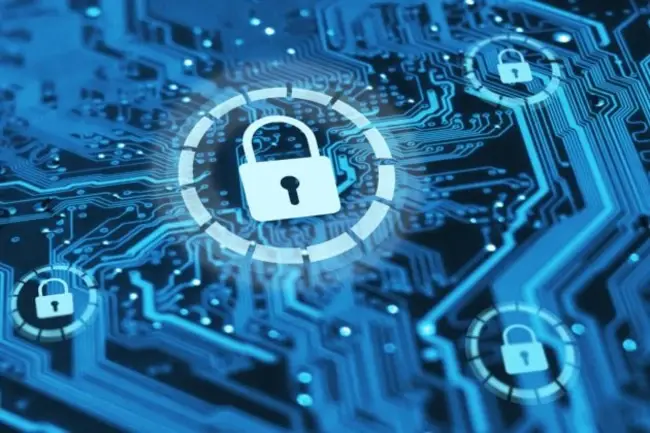Automation has gained huge recognition as a means to speed up processes, alleviate the burden of tedious manual tasks, and more. Ultimately, through automation, the workforce can be freed up for higher value activity rather than carrying out the repetitive tasks they must often perform. In light of its widespread benefits, industries across the board are exploring how they can use automation to their advantage. One such field is cybersecurity. However, there is more to it than simply eliminating the bore of mundane tasks. Instead, more organisations are realising how automation can actually help ward off attackers itself.

Cybersecurity automation
Introducing automation to your cybersecurity measures heightens your enterprise's complexity. In turn, it actually becomes more difficult for hackers to your organisation's attack surface. An important point is also that, as your organisation carries out its digital transformation endeavours, your cybersecurity team needs backup. In many cases, cybersecurity teams are understaffed due the profound skills gap in the industry. Automation, however, can backup your teams and their processes and address the skills gap issue. In particular, it presents itself as reinforcement for the team, helps eliminate the chance of human error, and enhances the reliability of your security measures. Then, there is the added bonus of fighting fire with fire. Many malicious actors use automation in the attack method. If you try to combat this manually, it's unlikely that you will be able to keep pace with the attack. Thus, incorporating automation into your cybersecurity strategy is a no-brainer. In fact, speed is one of the biggest bonuses of automation, as it can discover, protect, and fight threats quicker than manpower ever will. Automation in cybersecurity is pretty much a solid bet. We know that trends come and go in enterprise technology, but automation is most definitely here to stay. It's the most efficient way to address the skills gap, drive speed and efficiency, and heighten your security. Most importantly, however, it's the best way to keep your organisation afloat in the serious and complex threat landscape we have today.
For more security considerations, check out this piece on Kubernetes and container security.







Comments ( 0 )